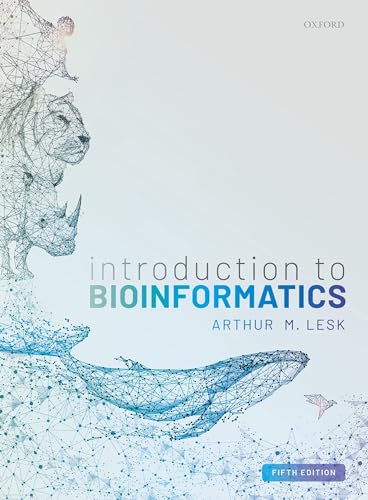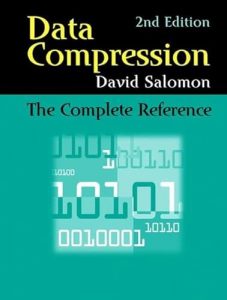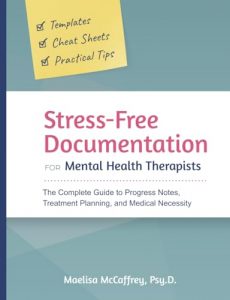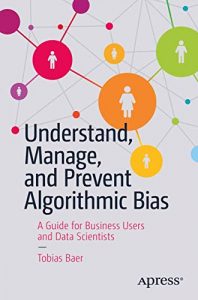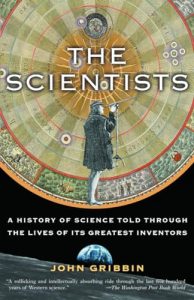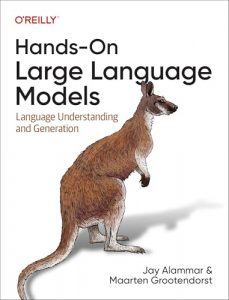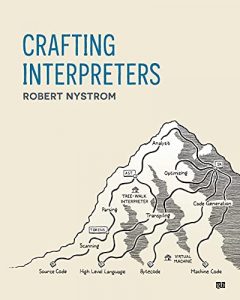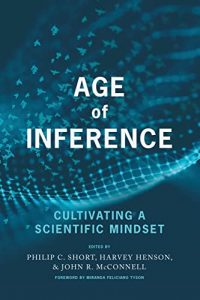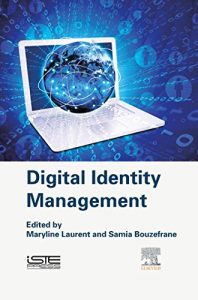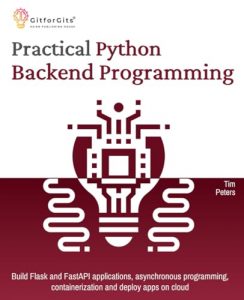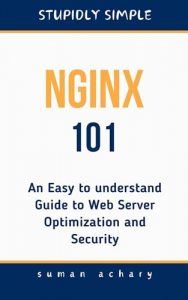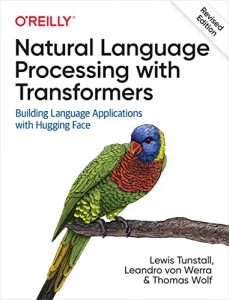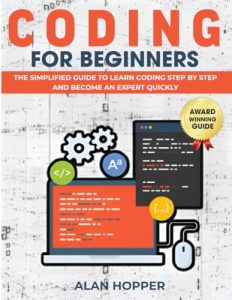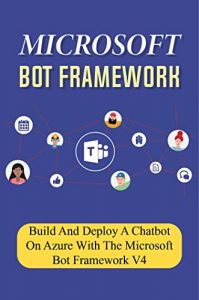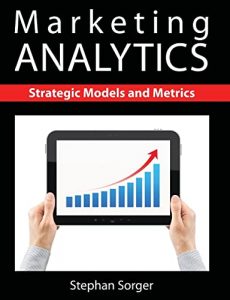1. Introduction to Bioinformatics by Arthur Lesk
Arthur Lesk’s “Introduction to Bioinformatics” serves as an excellent entry point into the world of bioinformatics. It meticulously discusses the blending of biology and computer science and introduces concepts essential for researchers. The author emphasizes the importance of computational techniques in managing biological information, making this book a necessity for both students and industry professionals eager to enhance their analytical skills in this rapidly evolving field. Whether you’re a novice or experienced, this book will expand your understanding significantly.

2. BIOINFORMATICS ALGORITHMS by Phillip Compeau and Pavel Pevzner
This book is an essential resource for anyone seeking a deeper understanding of bioinformatics algorithms and their applications. It provides innovative problem-solving techniques and theoretical backgrounds that lift the veil on complex bioinformatics tasks. The authors have structured the content to ensure students can easily grasp complex algorithms while providing real-world applications. By successfully integrating principles from both biology and computer science, it has become a staple for students and researchers alike looking to deepen their knowledge.

3. Bioinformatics Data Skills by Vince Buffalo
This book is a treasure trove for those looking to master data manipulation in bioinformatics. Buffalo’s “Bioinformatics Data Skills” focusses on reproducible research practices using open-source tools—an increasingly critical skill in modern bioinformatics. The author clarifies complex data-handling concepts with accessible explanations, making it a practical guide for newcomers and experienced researchers alike. If you seek to harness the power of open-source tools to conduct reproducible and robust bioinformatics research, this is the book for you.

4. Bioinformatics by Andreas D. Baxevanis, Gary D. Bader, and David S. Wishart
This informative guide serves as a comprehensive overview of bioinformatics fundamentals and methodologies. The trio of prestigious authors delivers a well-rounded treatment of bioinformatics topics, along with a strong focus on computational methods widely used in research today. Filled with pertinent examples and rich insights, this text is invaluable for students and educators looking to delve deeper into the methods that underpin current bioinformatics research.

5. Bioinformatics For Dummies by Jean-Michel Claverie and Cedric Notredame
As part of the well-regarded ‘For Dummies’ series, this book demystifies key bioinformatics concepts in an engaging and approachable manner. Claverie and Notredame blend fundamental concepts with practical guidance, making it perfect for beginners. Readers can navigate through complex topics without feeling overwhelmed. This is a must-read for students from diverse backgrounds who want to gain an introductory understanding of how bioinformatics can inform scientific research.

6. Understanding Bioinformatics by Marketa Zvelebil and Jeremy Baum
This title has carved a niche as an accessible yet comprehensive resource for grasping the core themes and applications of bioinformatics. The authors present a balanced mix of theory and practical approach, which makes complex methodologies more digestible. Its strong pedagogical approach ensures users can grasp the fundamental concepts necessary for navigating the expansive field. If you’re looking for a foundational text to support your studies, this book should be on your shelf.

7. Mastering Python for Bioinformatics by Ken Youens-Clark
This book presents an in-depth approach to mastering Python programming specific to the bioinformatics domain. Youens-Clark covers essential programming paradigms useful for bioinformatics research, offering code examples, hands-on projects, and a focus on writing well-documented and robust code. For budding bioinformaticians looking to harness Python’s potential, this book holds the key to crafting versatile tools for their research assignments.

8. R Bioinformatics Cookbook – Second Edition by Dan MacLean
This cookbook provides a hands-on learning experience with recipes that utilize R packages in bioinformatics tasks. Dan MacLean has crafted it for researchers aiming to leverage R for genomics and machine learning projects. Each recipe is structured for immediate application, allowing readers to solve real-world problems efficiently. This agile approach is perfect for those who prefer practical examples over theoretical discourse.

9. Concepts in Bioinformatics and Genomics by Jamil Momand, Alison McCurdy, Silvia Heubach, and Nancy Warter-Perez
This monumental text offers advanced insights into bioinformatics and genomics, making it a go-to resource for professionals. The authors expertly navigate through complex concepts, promoting reader engagement through clear explanations and vivid examples. It serves as a comprehensive resource for researchers hoping to learn about cutting-edge bioinformatics applications, bridging theoretical knowledge with practical insights.

10. Bioinformatics Programming Using Python by Mitchell Model
Lastly, this book serves as an excellent introduction for those wanting to leverage Python in bioinformatics programming. Mitchell Model illustrates key programming techniques that scientists can apply in their research swiftly. The blend of theory and practical projects allows readers to develop their programming skills while deepening their understanding of how Python applies to diverse biomedical problems, making it suitable for those new to programming.


